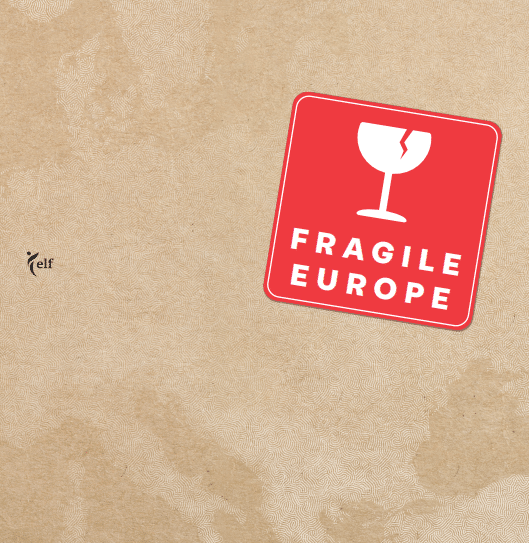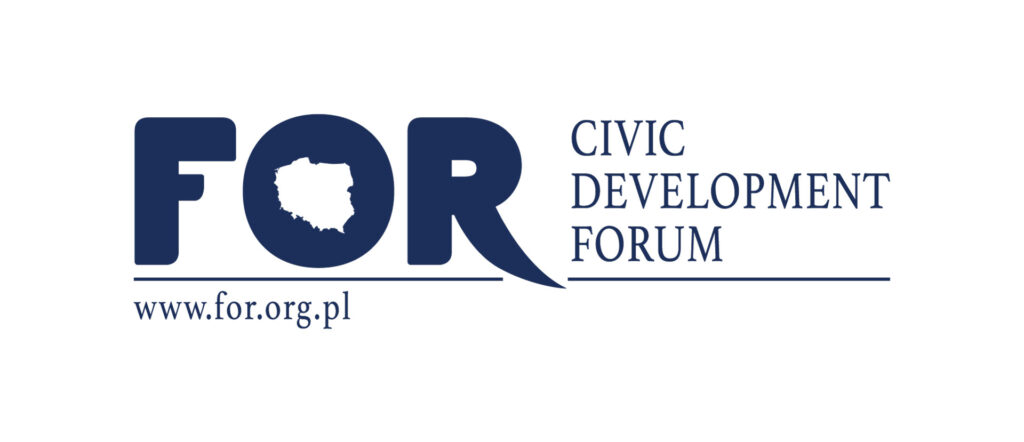
Real Test of 2026: Responsibility or Dependence?
BY
LFMI / February 27, 2026
The year 2025 was decisive for Lithuania – not only geopolitically, but economically. Defence spending increased significantly, while tax and pension reforms reshaped the policy landscape. Yet beneath these headline decisions lies a deeper question, one that extends far beyond Lithuania: are we strengthening the foundations of long-term prosperity, or shifting responsibility ever further towards the state?




![Democratic Protests and Civil Society in Iran with Touska Gholami Khaljiri [PODCAST] Democratic Protests and Civil Society in Iran with Touska Gholami Khaljiri [PODCAST]](https://4liberty.eu/phidroav/2026/02/Liberal-Europe-Podcast-Format-1-4-1024x1024.jpg)



















